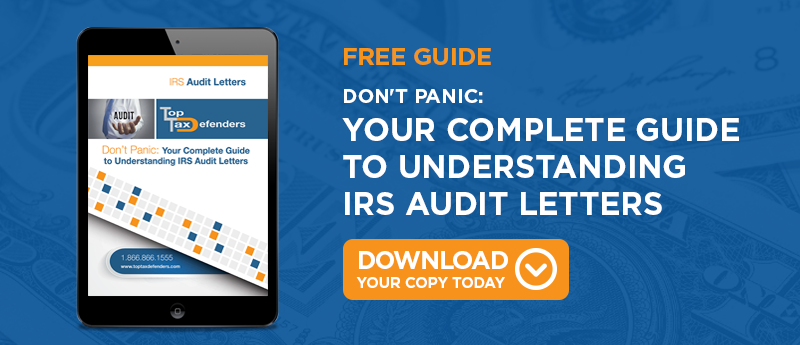
The IRS reports that the number of income tax fraud cases is going up each year. Fraudsters often try to get personal information from individuals and then use that data to commit identity theft. Since scam artists may use tactics that appear to be legitimate, it's wise for individuals to learn what to do if they become victims of a tax scam.
Common Tax Scam Tactics
One of the most common income tax scam tactics involves individuals who call taxpayers on the telephone and claim to represent the IRS. Scam artists may use a phone number that is similar to the IRS official Help Line or they may identify themselves with fraudulent identification numbers. Generally, these individuals request personal information such as a Social Security number and a date of birth.
Another common tax scam tactic involves a person who uses the legitimate information of another taxpayer to file a fraudulent return. In this case, a person may claim another person's child or use another person's Social Security number to file a return before the legitimate taxpayer can do so.
How to Handle a Potential Tax Scam
If you receive a phone call from a person who purports to be from the IRS, ask for that individual's full name, extension number, and department. If you think that the person is a scam artist, call the IRS Help Line at (800)829-1040 and ask for a representative. Tell that person about the phone call and give the information you received. The representative will be able to tell you if the phone call was legitimate and if there are any issues with your account.
If your personal information is used to file a fraudulent tax return, call the IRS and inform them about the situation. If you try to file a return and your information is rejected, you may even get a call from the agency yourself. Don't panic. Instead, explain everything that happened calmly and clearly. The IRS will generally be able to clear up the matter on your behalf.
Tax scams are becoming more and more common, but you don't have to fall victim to one! If you are contacted by a suspicious individual, speak with the IRS right away to make sure your account is still in good standing. If someone uses your information to file a fraudulent return, talk with an IRS representative to clear up your account right away.




